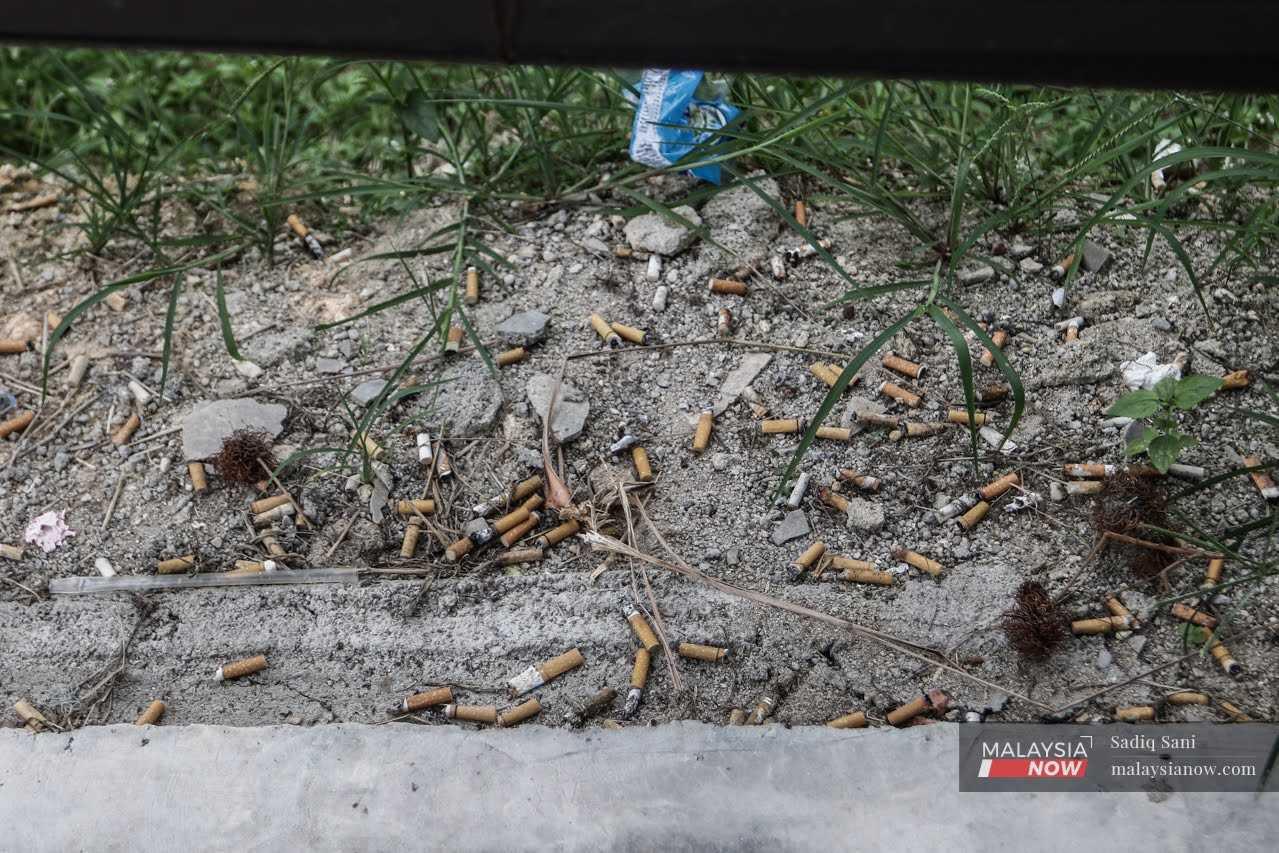'Letters' make way into news portals as tobacco lobby steps up war against Khairy's 'endgame' bill
This comes as medical experts criticise some MPs for refusing to support the health ministry's 'tobacco generational endgame'.
Just In
Tobacco firms in Malaysia have embarked on an intense letter-writing campaign in the media, in an effort to thwart Health Minister Khairy Jamaluddin's hard-fought bill to weed out the smoking habit, MalaysiaNow has learnt.
Using various pseudonyms, some of the letters provide a seemingly "objective" argument to counter the health ministry's "tobacco generational endgame", while others mock Khairy's battle to get the Tobacco Product and Smoking Control Bill passed in the Dewan Rakyat.
"Letter writing is the cheapest form of media warfare, but also as effective, if not more, than the costly branded content that companies normally put up in newspapers and online portals," an individual who claimed he was hired by a tobacco company to engage with local media outlets told MalaysiaNow.
Examples of the "branded content" to which he referred are paid placements of articles and written advertorials in newspapers, a growing trend with companies around the world in an age where direct brand marketing is becoming increasingly unpopular.
"But the downside of such placements is that the sponsor's name has to be mentioned at the bottom for reasons of transparency," the writer, who only wanted to be known as Ting, told MalaysiaNow.
"That is something tobacco companies are not allowed to do."
Malaysia prohibits all forms of advertisement by tobacco companies, including those in disguise such as the sponsorship of events and brand stretching, where non-tobacco products use the names of cigarette brands.
In recent days, several news portals have carried identical letters in both English and Malay, criticising Khairy's plans while being careful to avoid being seen as promoting smoking.
In one such letter published by a local news site, the writer said the bill was "cobbled together in a rushed fashion that typifies poorly thought-out Malaysian projects waiting to implode".
"There’s really no need to rush things through. If we can’t even effectively implement the ban on smoking in eateries, how can we possibly execute an even more ambitious plan to introduce a generational ban on smoking, that has not yet been done anywhere else in the world?
"At the risk of coming across as a tobacco advocate, I wish to clearly state that I am all for curbing smoking for health reasons. What I am against is a rushed job that is not properly thought out, which can blow up in our face in time to come."
Lobbying by tobacco companies also appeared to have spilled over to Parliament house, where Khairy tabled the Tobacco Product and Smoking Control Bill 2022 for a first reading yesterday.
This drew strong words from a medical expert involved in drawing up the health ministry's anti-smoking policies.
Dr Helmy Haja Mydin slammed representatives from tobacco companies whom he said were spotted at Parliament, and reminded MPs of their obligation to public health.
"What are they doing here?" asked Helmy, a respiratory specialist at a private hospital in Kuala Lumpur, who also acts as adviser to the health ministry on tobacco and smoking laws.
"This is directly impacting our democratic process, and against FCTC regulations. I call upon all MPs to declare if they have met these lobbyists," Helmy said on Twitter, referring to the Framework Convention on Tobacco Control, an international treaty adopted in 2013 on the right to better health standards.
MPs have been split over the bill, with opposition leader Anwar Ibrahim among those questioning it.
His claim that the government was "bulldozing" the bill through drew fire from former health deputy director-general Dr Lokman Hakim, who said the PKR leader should know better on how a bill takes form as he was once in the government.
"This bill is one of the longest bills to be drafted in the health ministry before reaching this stage. I know because I was involved in re-legislating as the health deputy director-general (public health). It was accelerated after we failed to get Cabinet approval in 2016 to ban vaping, which instead just wanted it to be controlled," he said.
If passed, the bill will criminalise the consumption of any tobacco product or substitute tobacco product by those born after 2007.
It will also prohibit the possession and use of smoking devices as tobacco and smoking substances, with offenders liable to a fine of up to RM5,000.
Khairy said the bill was to protect future generations from becoming involved in smoking and addiction, and to reduce the percentage of smokers in Malaysia to less than 5% by 2040.
Government statistics from 2019 show that one in five Malaysians aged 15 and above are smokers.
It also found that 17% of those aged 13 to 15 are smokers, as are 9% of children aged 12 and below.
Subscribe to our newsletter
To be updated with all the latest news and analyses daily.
